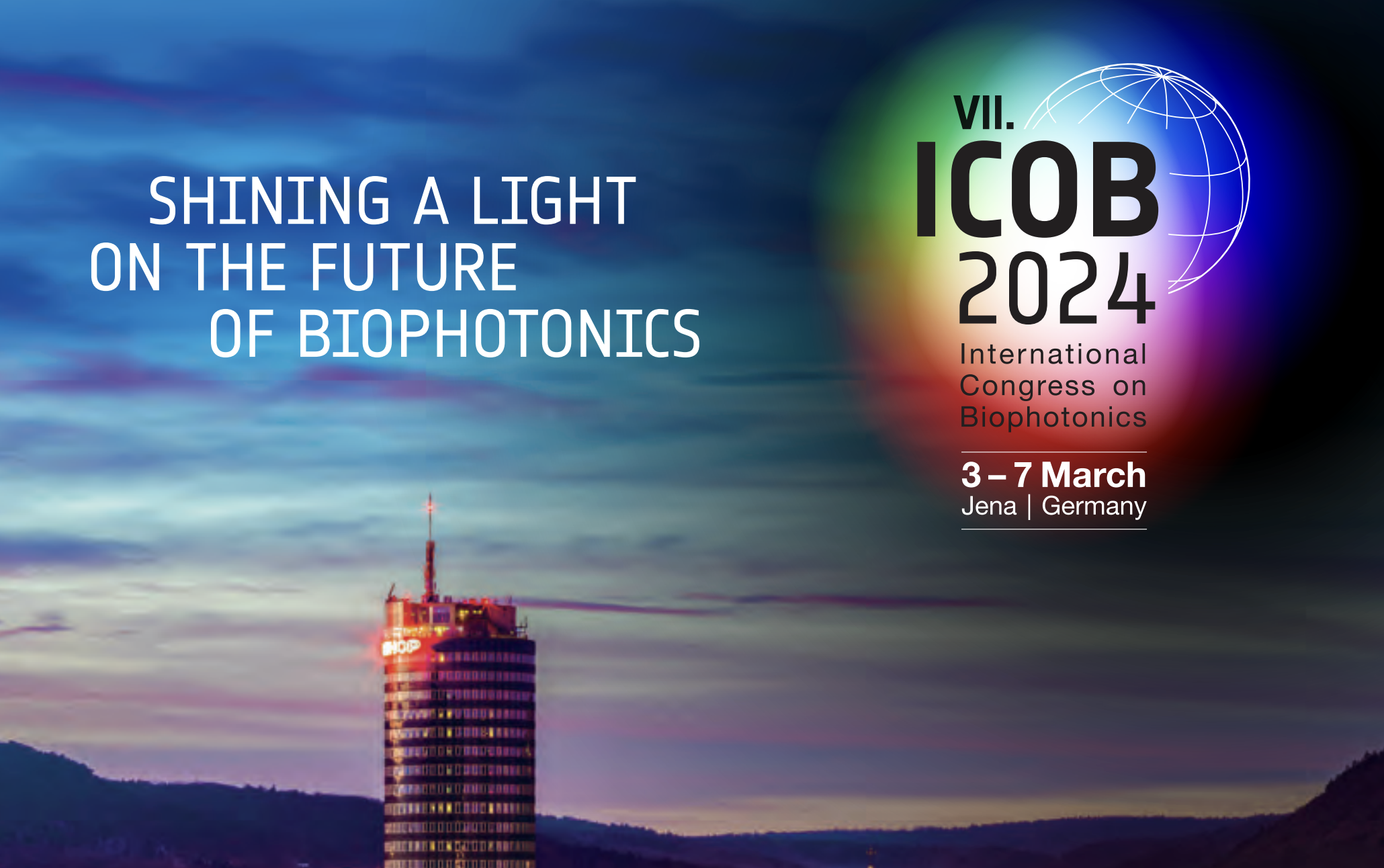Marie Skłodowska-Curie-Scholarship supports researcher at the IPHT
Dr. Stephen Warren-Smith from the Centre for Nanoscale BioPhotonics (CNBP), Adelaide / Australia is researching for two years at the Leibniz Institute of Photonic Technology (IPHT). The Marie Skłodowska-Curie action program is supporting his research stay. The research of Dr. Warren-Smith focuses on the development of tiny fiber sensors for biomedical applications.
These sensors will be adjusted to the requirements of the measurement of specific biological processes by improving the fiber design as well as the manufacturing operations. That way, innovative optical tools will be provided for life science as well as medical diagnostics. Dr. Warren-Smith is using the latest manufacturing capabilities at the IPHT, such as focused ion beam microscopy. This technique allows minute holes to be inserted into optical fibers; producing sensors that are the size of a fraction of the thickness of a human hair.
The partnership between the CNBP and IPHT is supporting the exchange of expertise between early career scientists and senior researchers. Furthermore, the program strengthens the professional development of scientists.
Dr. Warren-Smith received his doctorate in 2011 at the University of Adelaide. He did his doctoral thesis on special optical fibers with chemical probes used for the detection of corrosion in aircraft. Following his PhD, Dr. Warren-Smith was supported by a research fellowship from the Australian government to develop fiber sensors for the detection of biomolecules. He has authored and co-authored 24 publications on the topic of optical fiber sensors.
Marie Skłodowska-Curie actions
The Marie Skłodowska-Curie actions support scientists at every stage of their career and regardless of their nationality. The program is named after the Polish-French Nobel Prize winner Marie Skłodowska-Curie, who became famous for her research on radioactivity. Scientists of all research fields can apply regardless of whether they work in emergency medicine or basic research. The program aims at supporting innovative training measures that improve employability and career development. In the current program period 184 researchers out of 1936 applications received a grant.
Contact
Related News
Third party cookies & scripts
This site uses cookies. For optimal performance, smooth social media and promotional use, it is recommended that you agree to third party cookies and scripts. This may involve sharing information about your use of the third-party social media, advertising and analytics website.
For more information, see privacy policy and imprint.
Which cookies & scripts and the associated processing of your personal data do you agree with?
You can change your preferences anytime by visiting privacy policy.


